7 Travel Expenses You’re Probably Overspending On in 2025—Cut Them Out!
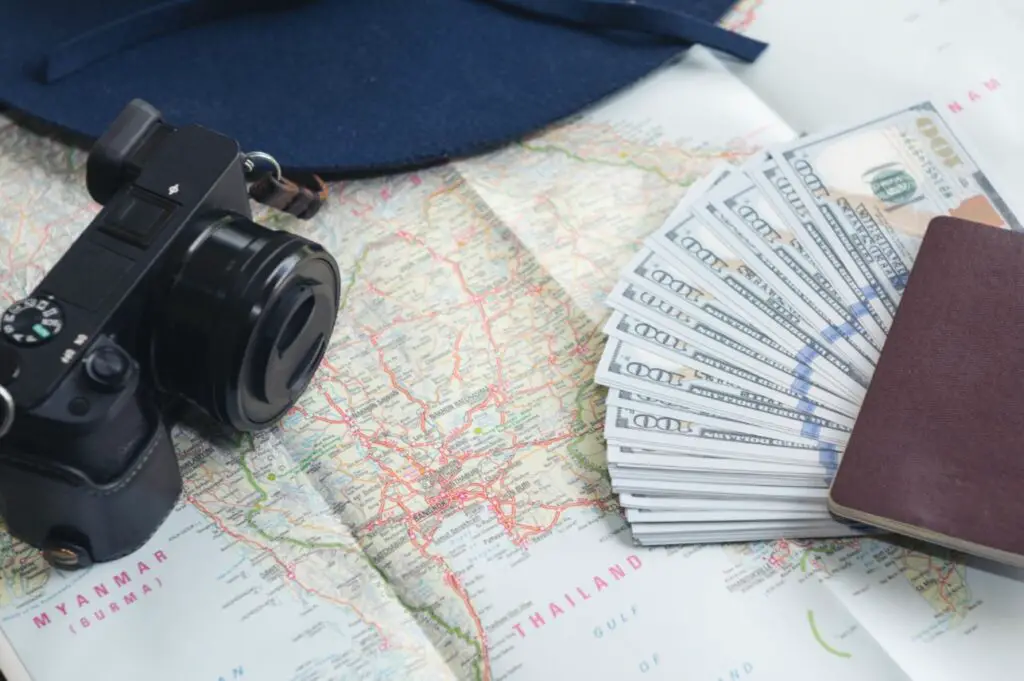
Traveling can be a wonderful experience, but it often comes with a hefty price tag. If you’re planning a trip in 2025, it’s important to be aware of the common travel expenses that can quickly add up. Many travelers unknowingly overspend on certain aspects of their trips, which can leave them with a much higher bill than anticipated. By being mindful of these expenses and taking proactive steps to cut them out, you can make your travel experience more affordable and stress-free. Here are seven travel expenses you’re probably overspending on in 2025—and how to avoid them.
1. Airport Parking Fees
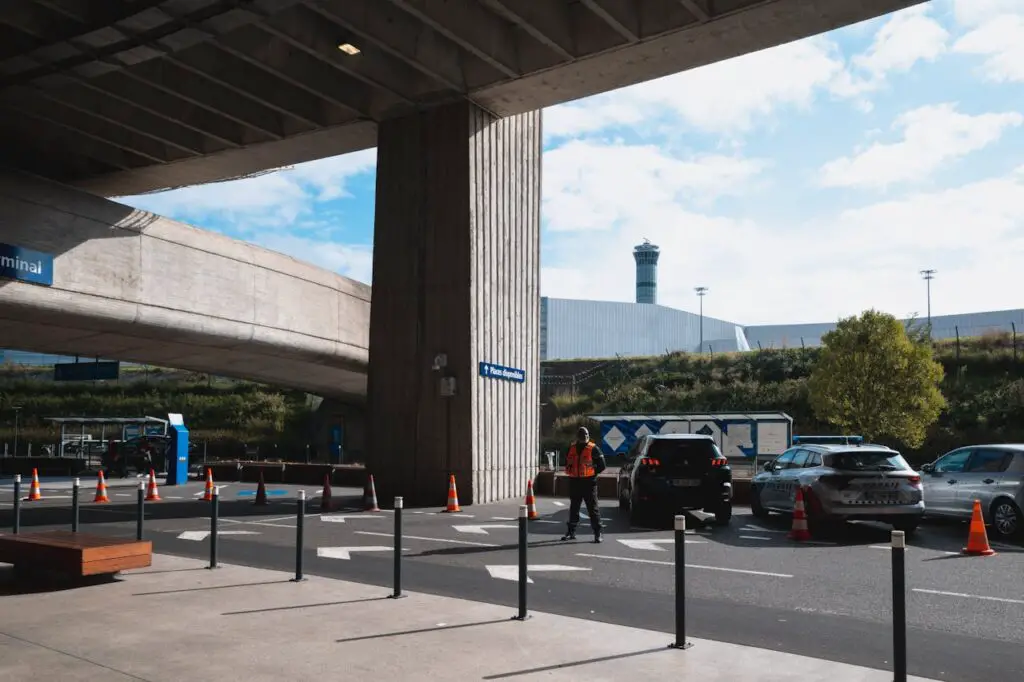
One of the biggest travel expenses people often overlook is the cost of airport parking. While it may seem convenient to leave your car at the airport, parking fees can easily add up, especially for long trips. For example, long-term parking at major airports can cost $10 to $30 per day, which can quickly become expensive if you’re gone for a week or more. Instead, consider alternative options like off-site parking lots or airport shuttle services, which typically offer much lower rates. You can also look into carpooling with friends or family to avoid parking altogether. Additionally, some airports offer discounted rates for booking in advance, so it’s worth exploring these options to save money.
2. Excessive Baggage Fees
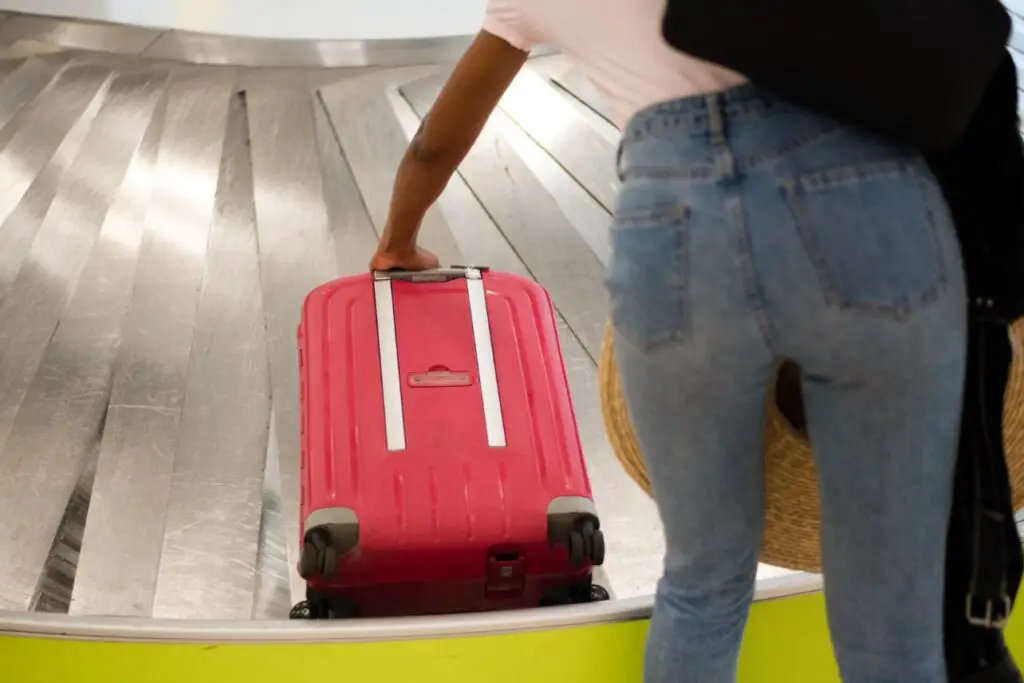
While checking bags may seem like a necessity, it can be an expensive addition to your travel costs, especially if you’re flying on a budget airline. Baggage fees have become a major source of revenue for airlines, and it’s not uncommon to see fees upwards of $50 or more for checked luggage. One of the easiest ways to avoid these fees is to pack light and use a carry-on bag. Many airlines allow a small carry-on for free, and packing strategically can help you fit everything you need into a compact bag. If you’re traveling for an extended period, consider packing items that can be washed during your trip or purchasing affordable clothing at your destination instead of overpacking.
3. Premium Hotel Upgrades

Many hotels offer enticing premium upgrades, such as ocean view rooms or suites with additional amenities. While these upgrades can be appealing, they often come with a hefty price tag. It’s easy to get caught up in the idea of enjoying luxury accommodations, but it’s important to consider whether these upgrades are worth the extra cost. In many cases, the standard room is more than adequate, especially if you’re only using it as a place to sleep and relax after a long day of sightseeing. Instead of splurging on hotel upgrades, focus your spending on experiences that will enhance your trip, such as guided tours, local activities, or dining experiences.
4. Dining at Tourist Traps

When you’re traveling to a popular tourist destination, it’s tempting to dine at restaurants that are conveniently located near attractions. However, these “tourist traps” often charge inflated prices for mediocre food. Not only are you likely to pay more for your meals, but the quality of the food might not be worth the price. To avoid overspending on dining, seek out local eateries that are popular with residents rather than tourists. These hidden gems often offer better quality food at more reasonable prices. Additionally, consider dining during off-peak hours or looking for special deals to save even more money on your meals.
5. Expensive Travel Insurance
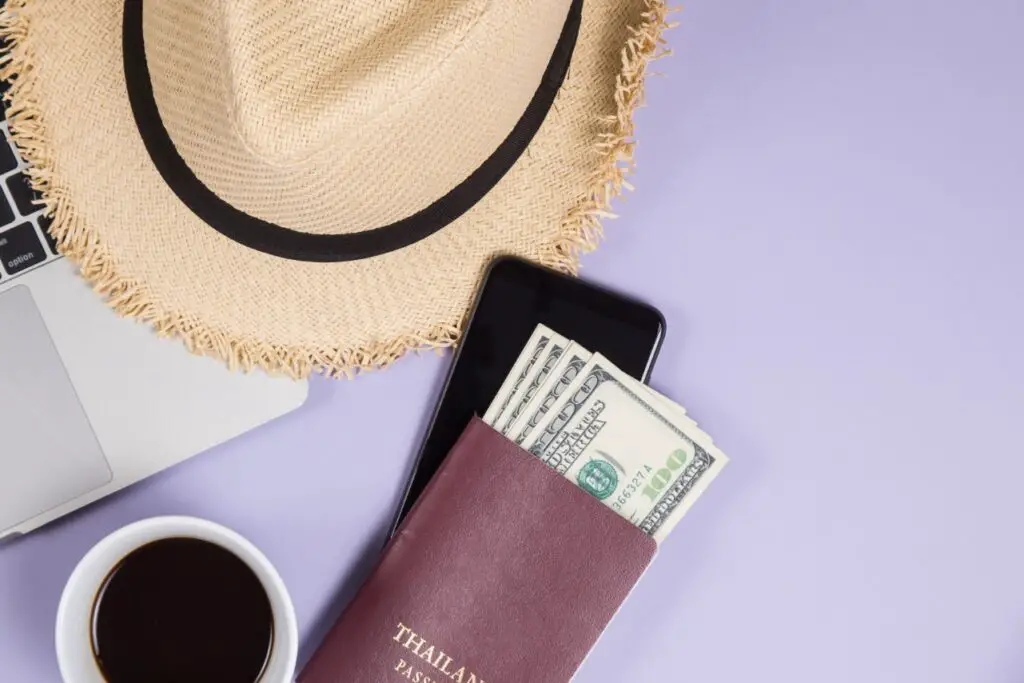
Travel insurance is an important consideration when planning any trip, but many travelers unknowingly overspend on coverage they don’t really need. Some insurance policies are designed to cover a wide range of situations, but if you’re traveling for a short period or in relatively safe destinations, you may not need all the bells and whistles. Before purchasing travel insurance, carefully assess your needs and shop around for the best deals. Compare policies to ensure you’re not paying for unnecessary coverage. Additionally, some credit cards offer travel insurance as a perk, so check with your card issuer to see if you already have coverage before buying an additional policy.
6. Overpriced Souvenirs
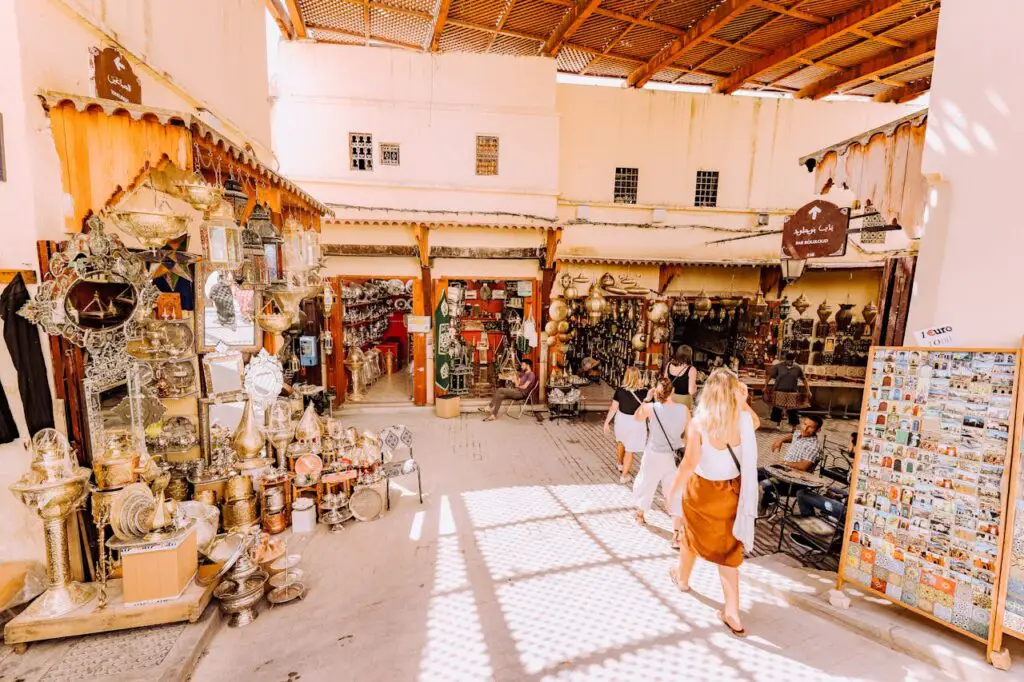
Everyone loves bringing home a souvenir from their trip, but it’s easy to fall into the trap of buying overpriced trinkets and mementos that you don’t really need. Tourist shops often inflate the price of souvenirs, knowing that travelers are eager to bring something home. To avoid overspending, take a more thoughtful approach to souvenir shopping. Instead of buying generic items, look for locally made goods that reflect the culture and history of the area. These items are often more meaningful and can often be found at lower prices in local markets or artisan shops. If you’re really on a budget, consider taking photos or writing about your experiences as a way to remember your trip without spending extra money.
7. Booking Flights at the Wrong Time

Many travelers unknowingly book flights at the wrong time, which can result in paying much higher fares. Flights are typically cheapest when booked in advance, and prices tend to rise as the departure date approaches. Additionally, airlines often offer lower prices during specific times of the week or year. To save money on your flights, consider booking your tickets several months in advance and monitoring prices for fluctuations. Be flexible with your travel dates if possible, as flying on weekdays or during off-peak seasons can result in significant savings. Lastly, be wary of booking flights with layovers that seem cheaper at first glance, as they may end up costing you more in terms of time and additional fees.
Final Thoughts
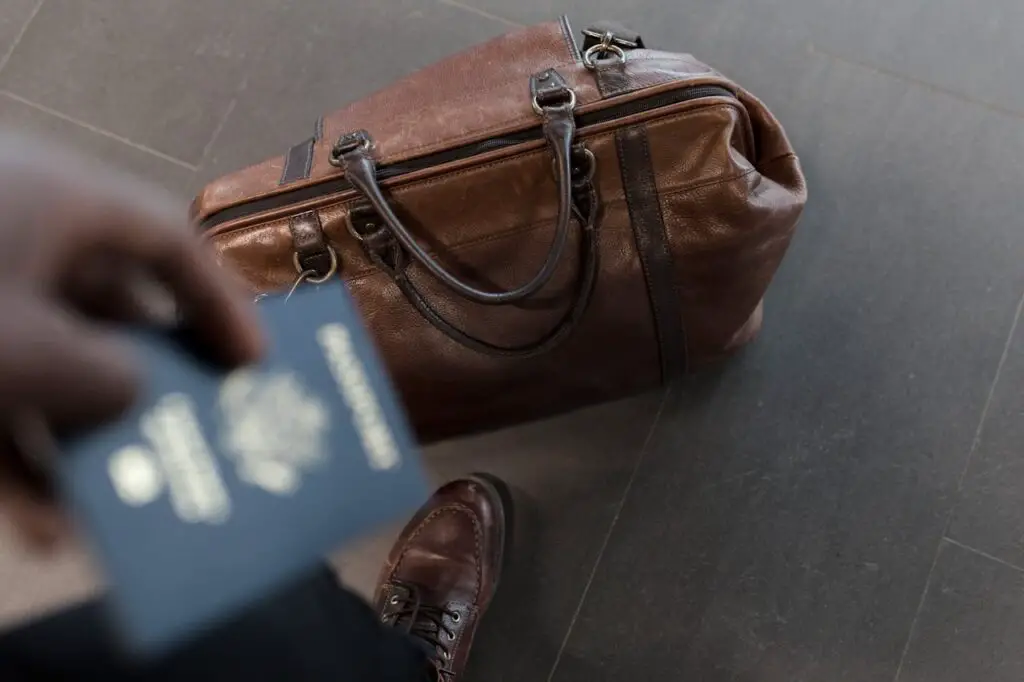
Traveling in 2025 doesn’t have to be expensive if you’re mindful of where you’re spending your money. By cutting out these common travel expenses—airport parking fees, excessive baggage fees, premium hotel upgrades, dining at tourist traps, overpriced souvenirs, travel insurance, and booking flights at the wrong time—you can reduce your overall travel costs and make the most of your trip. Whether you’re heading to a nearby city or jetting off to an international destination, being conscious of your spending can make your travel experience more enjoyable and budget-friendly. With these tips, you’ll be able to travel smarter and make lasting memories without breaking the bank.
Leave a Reply